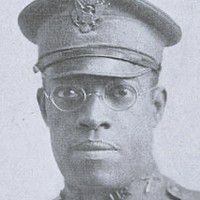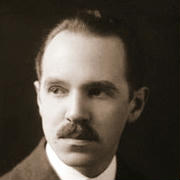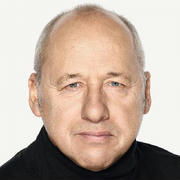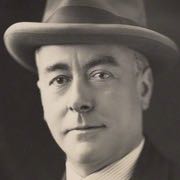Mark Sheridan (11 September 1864 – 15 January 1918), born Frederick Shaw, was an English music hall comedian and singer. He became a popular performer of lusty seaside songs and originated the J. Glover-Kind classic, "I Do Like to Be Beside the Seaside" in 1909. He recorded more than fifty songs during a ten-year period, including "One of the Bhoys" (1910), "Belgium Put the Kibosh on the Kaiser" (1914) and "I'd Like to Shake Shakespeare" (1915). He was also a major presence in pantomime productions throughout the British Isles during his later career.
Sheridan was born in Hendon, Sunderland, County Durham, and initially worked on the Sunderland docks before being employed at the Newcastle-upon-Tyne Theatre, where he took up amateur dramatics. To progress his stage career, he secured engagements in Europe and South Africa in 1890, and performed in Australia two years later. In 1895 he returned to London and entered the vibrant scene of English music hall and became a leading performer on the circuit. In 1909 he first performed what was to become his most famous song "I Do Like to Be Beside the Seaside", which he later recorded.
In 1917, Sheridan wrote and composed the musical burlesque, Gay Paree, which he performed with a London theatre company and later toured the northern provinces including Scotland. His career took a decline in later years and he suffered severe depression, as a result. He committed suicide in Kelvingrove Park, Glasgow in 1918 aged 53. He is buried in Cathcart Cemetery, Glasgow.







